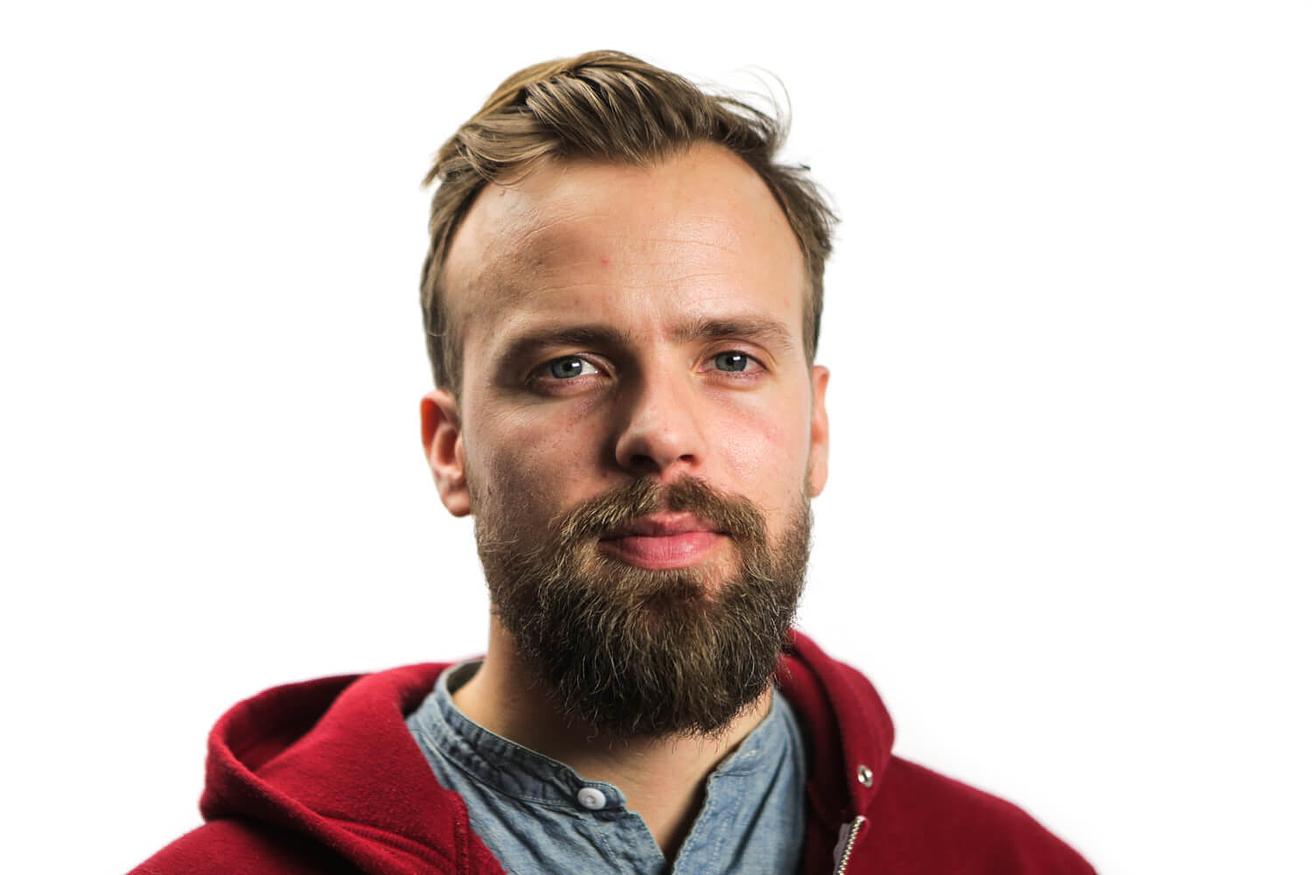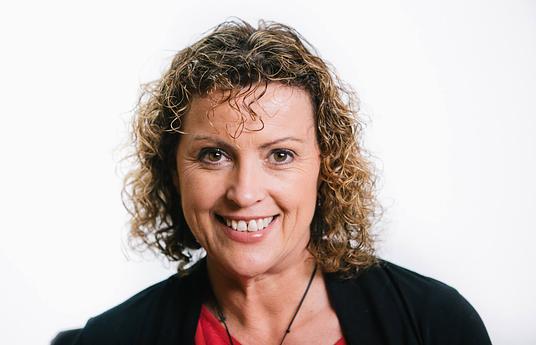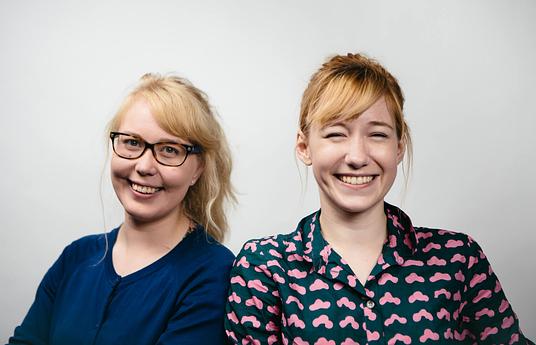Johan Brand
Johan Brand is the Co-Founder, Board Member and Chief Strategy Officer of Kahoot!, one of the fastest growing learning brands in the world.
Kahoot! was originally launched in Norway back in 2013 and is currently being used by over fifty million users in 180 countries. The free game-based learning platform allows users to create, share and play fun learning games, and has become particularly popular in classrooms with the ‘Bring Your Own Device’ program.
Skills
What are the skills we need to be teaching our children?
We need to teach interpersonal skills, collaboration, curiosity, and how you can enable activities through different subjects. There’s so much focus on math, for example, and it’s taught in a very subject-oriented way.
We should work on how to utilize the human aspect.
Teachers
What is the role of the teacher?
The teacher is human, the person who will guide us. They don’t have to have all the answers, but they are the ones who are guiding.
It is a very powerful role to have and an important one.
Assessment
How do you see the future of testing in schools?
I think testing should be a way to help you master something. Testing isn’t the end goal. It should only be part of the motivational process, but it has become the end goal.
When a test is done, there is no time to reflect upon it. Testing needs to go back to what it is - a reward mechanism that is part of the process, not the whole process.
What are your views on PISA?
PISA is interesting. I think the reason to have PISA is good, it’s necessary, but it’s been utilized in completely the wrong way. It’s a classic problem. Once you have some data or some results, you read everything into it and start standardizing. But for a lot of people the needs of a student in Norway are not the same as in South Korea, because they’re entering into different worlds.
PISA is supposed to create a level playing field, but actually what it’s doing is creating an average that’s not relevant to anyone. It’s not contextual relevance. It’s the classic thing where you have important research being performed, but completely wrongly interpretation and implementation.
Environments
What would be the most exciting learning environment?
An environment that changes to fit the context. It doesn’t have to change drastically, but there should be enough flexibility and trust within it so that your imagination can make it relevant to what you’re trying to do.
The beautiful thing about theatre, games, or cinema – all these storytelling devices – is that you’re creating a world in between the sets, imagining things. The classroom can do the same thing. It can be a place where a problem is connected to a feeling. It can be acted out in different ways.
That’s what a learning environment is – a trusted space where you can set your imagination free.
What are the challenges in a traditional classroom setting?
The traditional classroom setting is beautiful in a way, when you come together to do something that you love to do. It’s like a music concert, or like sitting round a fire. The role of the classroom is to connect people together.
What are your views on the digitalization of education?
It’s an enabler. Very good digital products are very human. They play to the things that we amplify, to our human side. Social networks in particular work really well. I think digitalization is a way of amplifying the human side of us.
Leadership
Whose responsibility do you think education is?
Society’s. Where I come from, education is about becoming a good citizen. It’s about learning social skills, and learning about the environment you’re going into that’s ever-changing.
I think the role of education is to make you into a person who can make their own way in society. You spend twelve to fifteen years in formal education. Education should make you feel confident and equipped to go out into the world and do something.
Personal memory
What was your favourite moment in your own education?
For me it was mastering something with other people. For example, making a controversial movie which then inspired other people showed me that even though I’m doing something by myself, I’m actually sharing it with someone and it’s a collaborative thing. So that was probably one of my favourite things. It’s actually the video that I got into Art school with many years later.
Did you have a favourite teacher?
My biology teachers, because they were so inspired about what they were doing. They weren’t teaching you a subject, they were teaching you a context, so when we were doing biology we also learnt mathematics, physics and social skills. It was a very inclusive subject.
The next 100 years
The next 100 years of Finnish education should… focus on the communication between humans. The industrial revolution made us highly productive beings, but now our lives are less about producing and more about what we create between us.
I think the next 100 years will comprise of us being even more respectful of each other, leading to less conflicts, and education will have the job of breaking down our boundaries and will focus on the communication and collaboration between us as humans.




